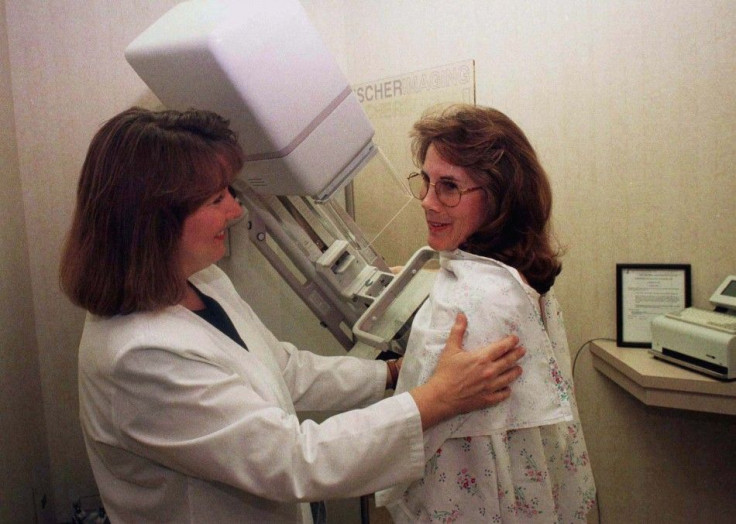Pre-Natal Exposure To DDT Linked To Greater Risk Of Breast Cancer: Study

A recent study claims that women who were exposed in the womb to the chemical pesticide DDT are at nearly four times greater risk of developing breast cancer. The 54-year study involved three generations of women.
The research was conducted by a team at the Public Health Institute in Berkeley, California. The U.S. Environmental Protection Agency considers DDT a potential human carcinogen. Even though DDT was banned by several countries in the 1970s, some women who participated in the study were exposed to the chemical during the 1960s. Now, the same women are at an increased risk of developing breast cancer.
The lead study author, Dr. Barbara A. Cohn, stressed that the women who took part in the study were not exposed to abnormally high levels of DDT, just the level to which typical humans were exposed in everyday life before the ban was in place.
“The mothers in our research population were not special with respect to DDT exposure,” Cohn said in a statement. “Use of DDT peaked in 1959 and was still in active use in the U.S. in the 1960s. This is likely why all women we tested had DDT in their blood.”
During the study, the researchers tracked the adult daughters of the women who participated in the Child Health and Development Studies (CHDS) for a continuous period of 54 years. The level of DDT in the blood samples of the pregnant women was collected during the years 1959 and 1967. The samples were again collected to measure the level of the pesticide, just after the women gave birth.
Around 9,300 women who gave birth to a daughter were later tracked to see how many had developed breast cancer by age 52. The researchers found that, irrespective of the medical history of the mother, the blood samples that contained greater levels of the estrogenic form of DDT found in commercial DDT had made the daughters four times more likely to develop breast cancer.
The complete study findings have been published in the Journal of Clinical Endocrinology and Metabolism (JCEM).
© Copyright IBTimes 2024. All rights reserved.





















